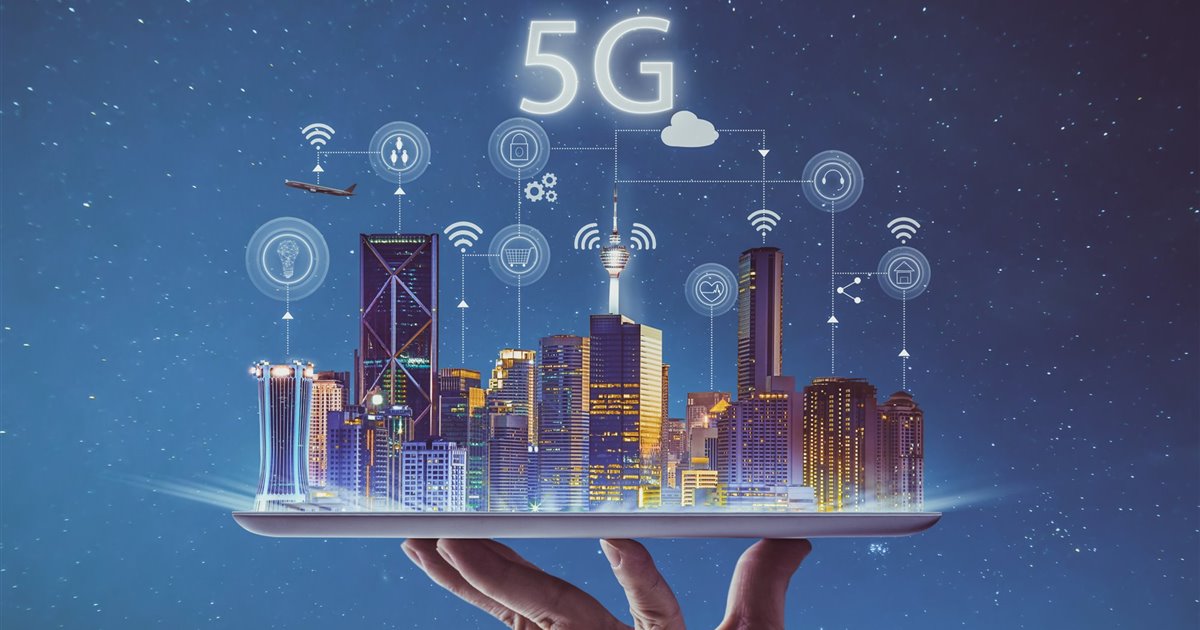5G impact on the streaming industry
5G technology has taken the world by storm, and its impact is being felt across industries. This cutting-edge technology offers a range of benefits that are changing the way we interact with the digital world.
Faster speeds and greater efficiency in mobile connectivity are both inevitable effects of 5G's influence, however, its reach goes far beyond cellular networks. Its presence in the video streaming industry brings new and highly competitive advantages for the sector.
Since its appearance in 2019, its everlasting evolution sets the bar high for the following 5G challenges. According to experts, the trends expected to flourish are:
Stand-alone 5G: The first major update to 5G networks, an architecture that fully utilizes the capabilities of the most recent cellular technology.
High revenue: Juniper Research predicts that 5G service revenues will reach 315 billion US dollars by 2023.
Artificial intelligence: An integration meant to cut costs, improve performance and create new revenue streams.
IoT: With 5G technology, the horizon opens up with valuable insights and better processes to drive development.
Cybersecurity: Network security through integration, protection, encryption and mutual verification procedure of all data traffic.
The arrival of 5G technology has transformed video streaming services, enabling the delivery of high-quality content in real-time with faster connection speeds and reduced latency.
Elements needed for an uninterrupted visual experience to increase viewer retention are a combination of factors that include superior resolution such as 4K and 8K, uninterrupted streaming without buffering or loading issues, and a visually appealing interface.
With the appearance of these conditions, a new context arises, one in which it will be easier for streaming services to enter the market, leading to more competition for established streaming services such as Netflix, Amazon Prime Video, and Hulu. Streaming services may need to differentiate themselves by offering unique content, features, or pricing to stay competitive in a more crowded market. Consumers will benefit from more options and competitive pricing as streaming services battle for their businesses.
With 5G, mobile devices have it easier to stream video content on the go. Live video streaming is another feature that stands out. By improving quality and stability, users can now watch live events without buffering or lag problems, paving the way for broadcasters and content creators to reach larger audiences offering more engaging content.
Additionally, this technology has the potential to drive the adoption of advanced streaming possibilities, creating new worlds such as virtual and augmented realities. With its support, users will be able to experience their content in real time, opening brand new doors to the way we learn, entertain ourselves and advertise products.
According to technology research platform Technavio, the metaverse related to entertainment is projected to grow to almost USD 29 billion by 2026, highlighting a whole range of brand new business opportunities in the coming years.
The introduction of the 5G disruptive power has unlocked new opportunities in the B2B technological race: streaming quality, increased competition, and enhanced mobile streaming are just a few of the ways that 5G is shaping the sector. As 5G networks continue to roll out and become more widespread, we can expect to see new streaming services and platforms, as well as a more immersive streaming experience for consumers.
